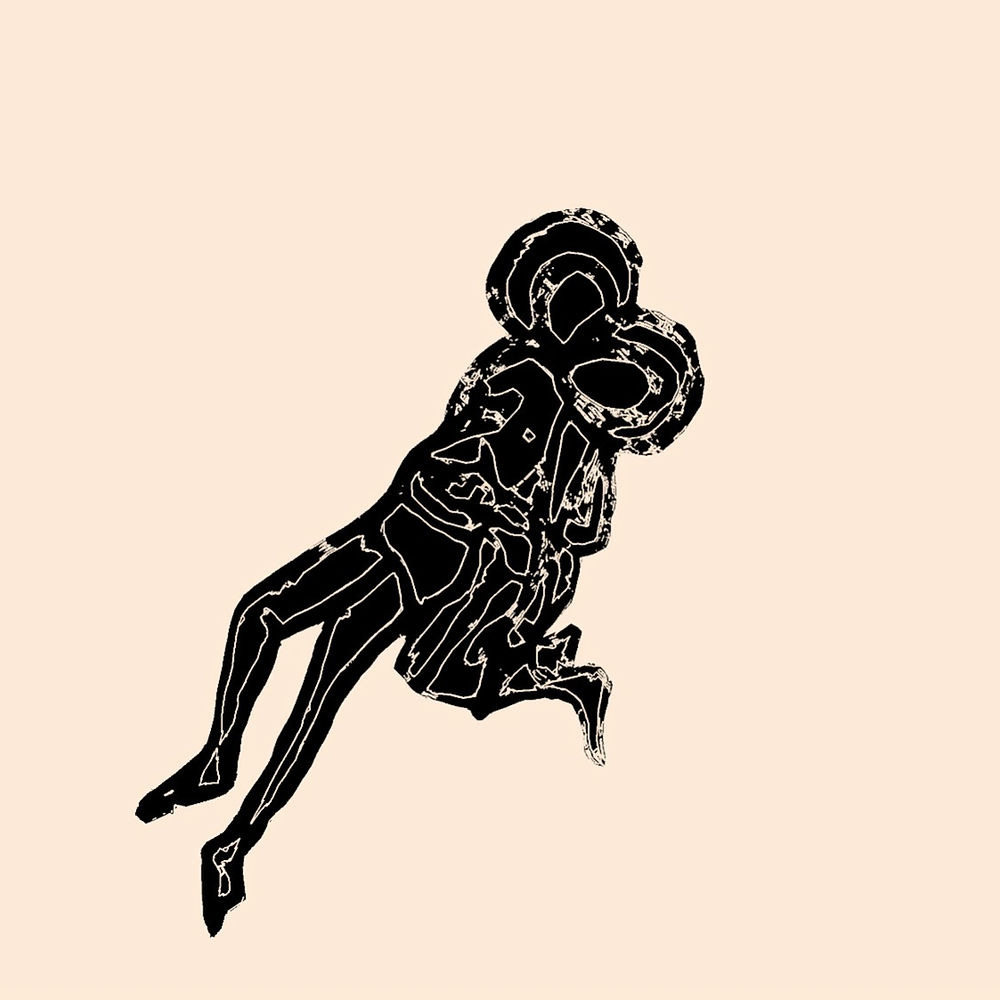I.
Before I take up today’s Gospel, I want to turn to the other readings, beginning with Isaiah 53, the fourth of the Songs of the Suffering Servant, which Christians have long taken as a description of Jesus—misjudged, abused, bearing our sicknesses, bearing away our sins. Jenson refers to the song as the church’s first d…
Keep reading with a 7-day free trial
Subscribe to Speakeasy Theology to keep reading this post and get 7 days of free access to the full post archives.




